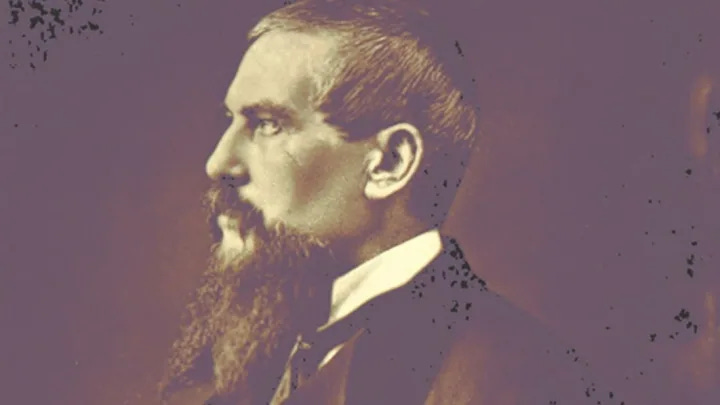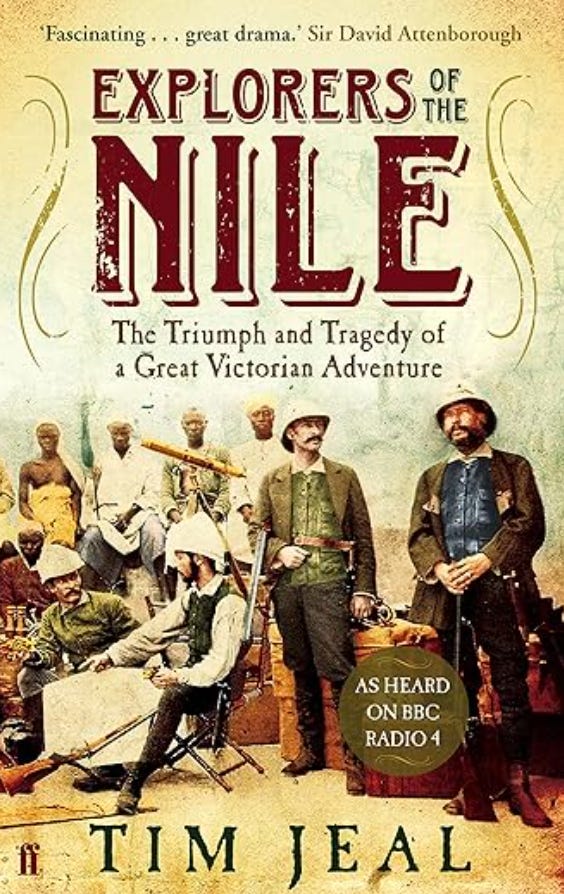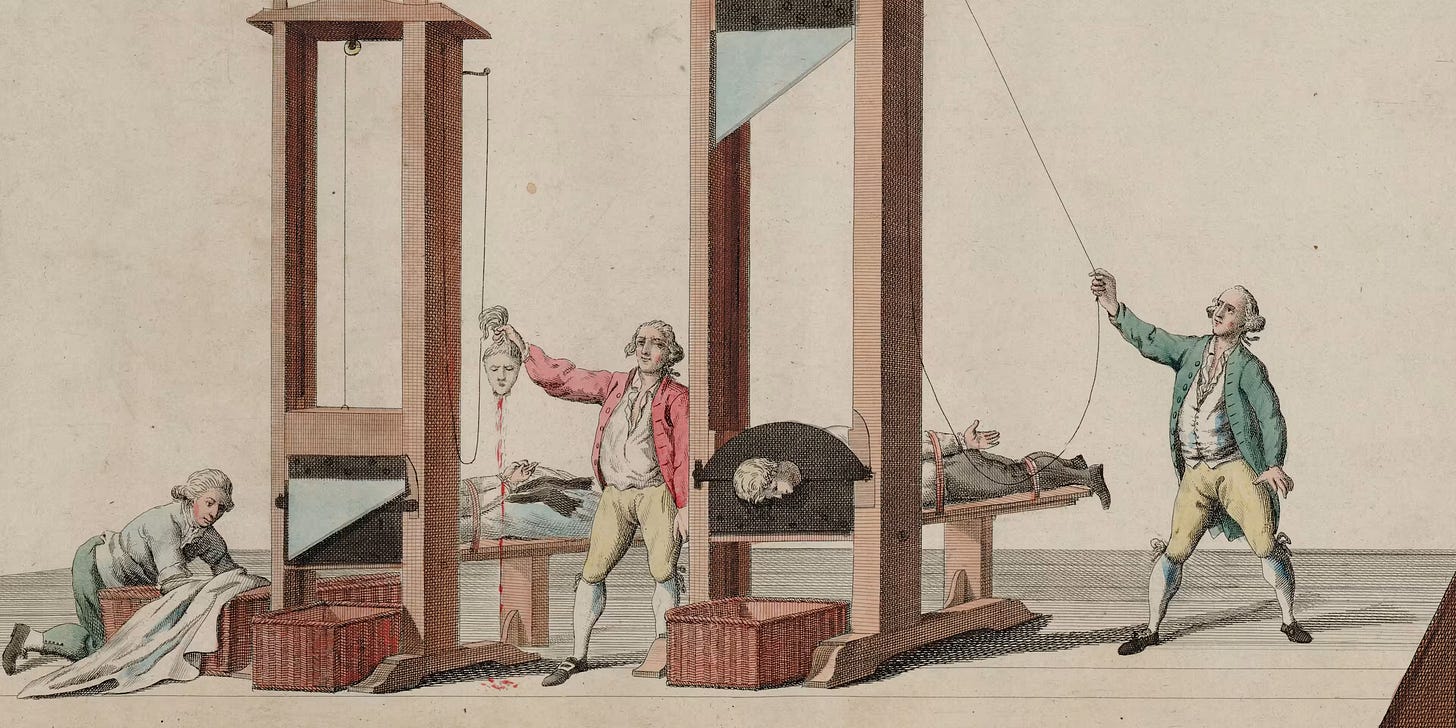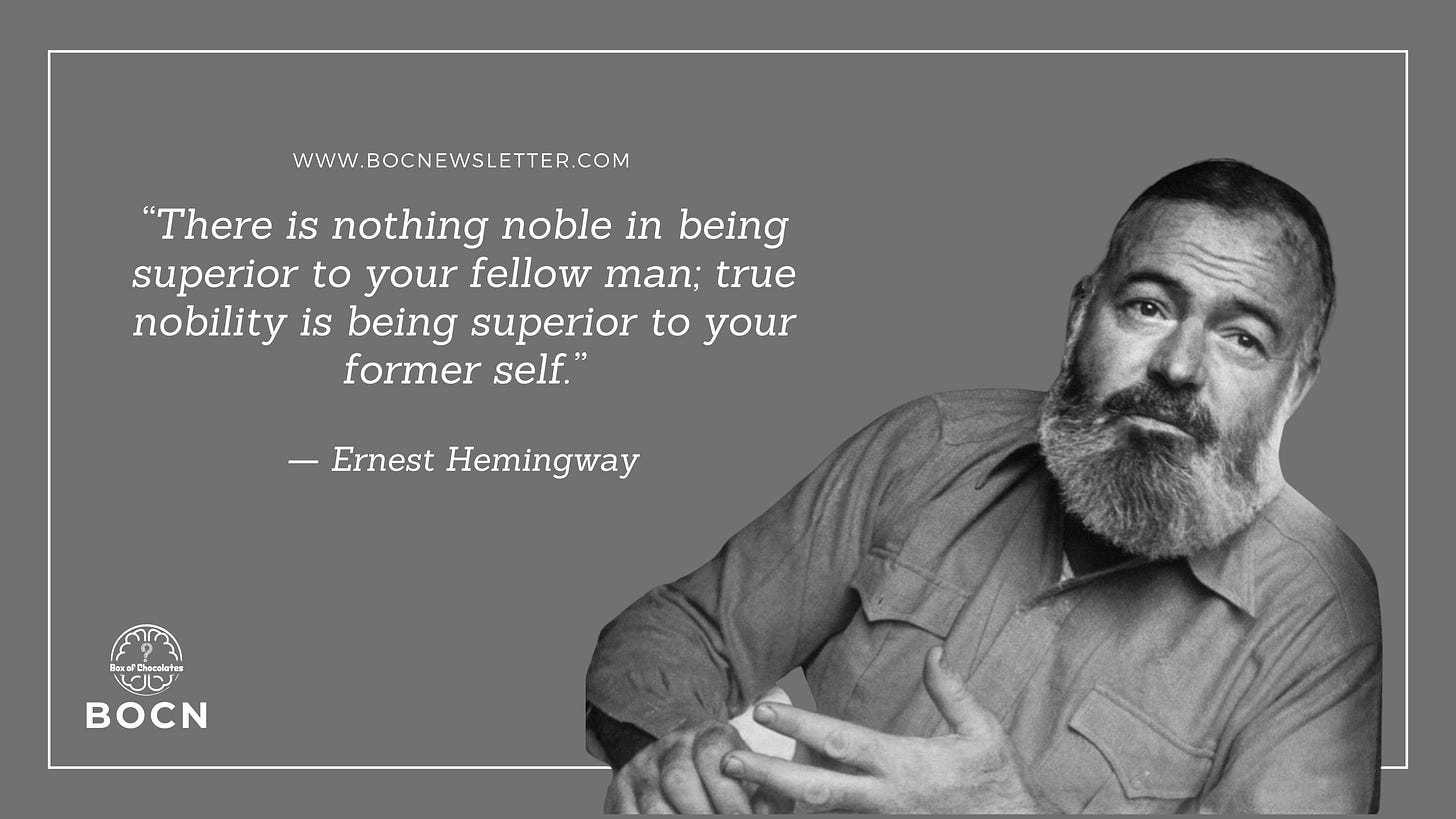ARABIAN NIGHTS: THE MAN BEHIND THE STORY
The Guillotine, Average, On This Day & Hemingway
BOC#029
5 MINUTE MUNCH
TITLE STORY: SIR RICHARD FRANCIS BURTON…
Best known for his risqué translations of the Arabian Nights and the Kama Sutra, but who was he?
British consul, accomplished orientalist, explorer, linguist, poet, author, ethnologist, geographer, and fencer, Richard Francis Burton was a man of great ambition and acclaim. With some 29 languages under his belt including Arabic, Persian, Icelandic, Turkish, Swahili, Hindi, and a host of other miscellaneous African tongues, Burton, it seemed, was destined for a life of adventure.
Born in Devon 1821 and educated at a Surrey prep school, he went on to enrol at Trinity College Oxford in vicarious pursuit of a clerical career. It was here that Burton became a master fencer, and added Arabic to his already impressive linguistic foundations of French, Italian, and Latin. His time at Oxford was to be cut short, however, as he was suspended for having attended a steeplechase.
In 1842 Burton escaped the prospect of joining the clergy and joined the army instead. He soon ended up in the East India Company serving in Bombay, seeing him attain the rank of Captain. In keeping with his linguistic talents, he soon learnt Hindi and Gujarati, which landed him a role as regimental interpreter.
Burton went on to make a name for himself as a talented swordsman, rider, and wrestler. In spite of his many talents, his peers chastised him with racial slurs due to his adoption of local customs thought to be ‘barbaric’ by western standards. It was during this time spent in India that he adopted the alter ego of Mirza Abdullah, becoming conversant in the Quran and local customs. Burton practiced Islamic rituals including the five daily prayers which gained him access to religious circles. The high degree of anonymity he was able to achieve led his commander, General Charles James Napier, to send him on a clandestine operation in which he investigated a brothel in Karachi frequented by British soldiers said to be indulging young boys.
Upon returning home with diminishing health, the army, endorsed by the Royal Geographical Society, sent him exploring the Middle East and India. He relates:
“I offered my services to the Royal Geographical Society of London, for the purpose of removing that opprobrium to modern adventure, the huge white blot which in our maps still notes the Eastern and the Central regions of Arabia”. - The Complete Works of Sir Richard Francis Burton
Reacquainting himself with his surreptitious alter ego, Burton set off on hajj, departing the Egyptian city of Alexandria before donning the spiritual drapes of a devout pilgrim. He relates:
“Having performed the greater ablution, and used the toothstick as directed, and dressed ourselves in white clothes, which the Apostle loved, we were ready to start upon our holy errand.” - The Complete Works of Sir Richard Francis Burton
On another occasion while traversing the African desert, Burton’s party was assaulted by a group of Somali raiders. One of his officers lost his life, while Burton himself survived a spear to the face which penetrated both cheeks. Burton recalls:
“I turned to cut him down: he cried out in alarm; the well-known voice caused an instant’s hesitation: at that moment a spearman stepped forward, left his javelin in my mouth, and retired before he could be punished. Escaping as by a miracle...” - The Complete Works of Sir Richard Francis Burton
Burton and fellow explorer John Hanning Speke, who was also injured in the Somali raid, went on to pursue the source of the Nile1 (Lake Victoria), although a dispute over whose discovery it actually was caused the relationship to sour; discussed at length in The Sad Story of Burton, Speke, and the Nile.*
In 1860 Burton headed to Salt Lake City to study Mormonism, inspiring his 1861 book, The City of the Saints.
Two months after a 39 year old Burton secretly married 19 year old Isabelle Arundel against her parent’s wishes, he took up the position of consul at Fernando Po (an island off the coast of Equatorial Guinea) on behalf of the Foreign Service. During this time, he became the first European to climb the Cameroon mountains, and even attempted to capture a Gorilla in Gabon. His consulship was transferred to Brazil in 1865 from where he explored the Andes, Peru, Chile and the Strait of Magellan. In 1869 the Foreign Service posted him to Damascus, but this wasn’t to last more than two years as he soon antagonized the local Jewish community.
Later in life, Burton began recording his travels and translating many works of poetry. His translation of the Arabian Nights earned him a profit of £1 million by today’s standards, although sales had to be kept discrete due to a breach of the Obscene Publications Act.
Burton came down with gout in 1883, and died in 1891 at the age of 70.
DID YOU KNOW…
The guillotine was invented in the early days of the French Revolution as a method of capital punishment that was considered most equitable. Under the old system, or ‘ancien régime', nobles could be beheaded by way of the sword. Commoners, on the other hand, were executed by way of more brutal methods such as hanging, burning, or were ‘broken’ on an execution wheel.
The guillotine, recommended by Dr Joseph Ignace Guillotine, saw that all citizens were executed the same way, regardless of rank or class.
The device was invented by the German harp maker, T. Schmitt, and was further developed by the secretary of the French Academy of Surgery, Antoine Louis. It was first used to execute a thief named Pelletier on April 25 1792 at the Place de Grève.
ON THIS DAY: 21st JULY
The Space Shuttle Atlantis returned to Earth today in 2011, it was the last mission of the 30-year Space Shuttle program.
The seventh and final installment of Harry Potter, Harry Potter and the Deathly Hallows, was released today in 2007.
London’s Tate Britain opened today in 1897. It was originally called the National Gallery of British Art.
“You can be sincere and still be stupid.”
― Fyodor Dostoevsky
Did you know that the word average comes from the Old French avarie, which meant damage done to a ship. Ships were often co-owned and when one was damaged and the bill came in for repairs, each owner was expected to pay the average.
FROM THE AUTHORS MOUTH:
The American novelist Ernest Hemingway, whose novels include For Whom The Bell Tolls*, was born today in 1899 in Illinois.
MISSED LAST WEEK? Read Here: The First English Scientist Morris Dancing, Matthew Syed, On This Day, and Complaisant.
[Links marked with * are affiliate links]
The upper reaches of the Nile had been a mystery to the ancient Greeks and Romans, ever since Herodotus's description of the river in his Histories, and every expedition to discover its source had ended in failure.













Thanks Omar! Great read. I also love the quote by Dostoevsky. I am going to print it up and put it up in my classroom!
Very interesting. The cheek wounds from the spear must have been awful.